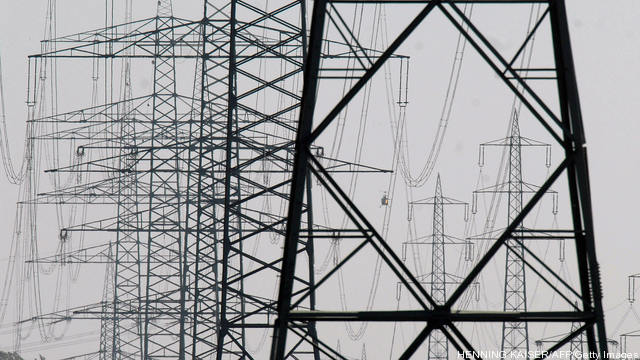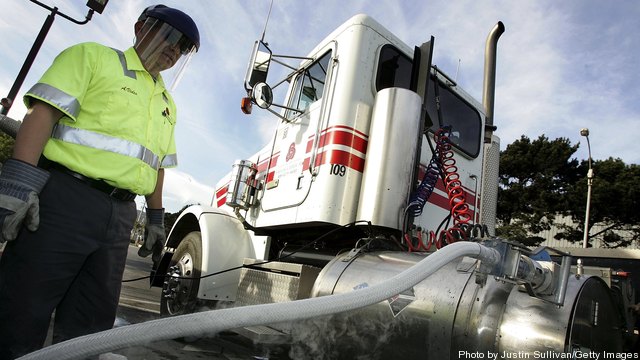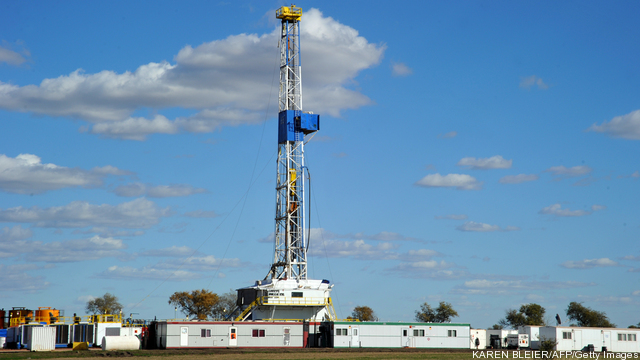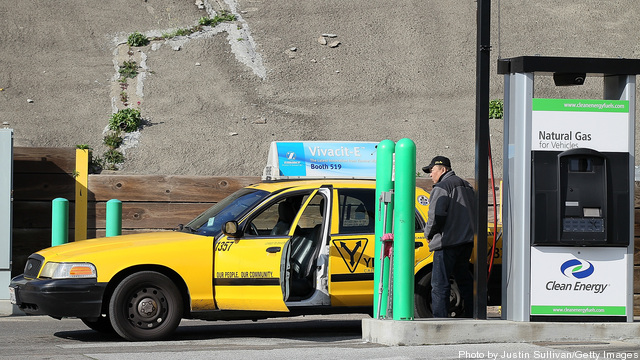There are a few potential demand growth opportunities for electricity; not all are bad. Every now and then a new electricity-guzzling device comes around and gives a boost to what would otherwise be a saturated electricity business. Central air conditioning, which is now considered a standard feature in nearly all new buildings virtually all over the world,… Keep reading →
CNG
Sign up and get Breaking Energy news in your inbox.
We will never sell or share your information without your consent. See our privacy policy.The Environmental Protection Agency’s fuel economy measurement system fails to factor in several metrics that could shed light on the fuel efficiency of electric and plug-in hybrid vehicles, according to Mike Duoba, Vehicle Systems Research Engineer at Argonne National Laboratory. The EPA bears responsibility for generating information on vehicle fuel economy for all new cars… Keep reading →
Any game-changing technological advance benefits some industries and challenges others. Ratings agency Standard & Poor’s has compiled a list of winners and losers from the US shale boom in a report, Game Changer: Industry Winners And Losers From The U.S. Shale Revolution, released yesterday. Among beneficiaries of the shale boom are the petrochemical industry, which is enjoying lower… Keep reading →

All politics is local, the old saying goes, and that is particularly true with energy. Energy has become a major issue in the US elections, and how voters perceive energy issues is often influenced by the infrastructure they see around them.
As the US economy continues to measure the impacts of the shale gas and oil boom, new investments are being made in everything from pipelines to transportation fueled by natural gas to proposed data centers lying atop burgeoning gas fields. The transformational effects of the investments on local economies is obvious, but the debate over everything from water quality to truck traffic continues to grow in volume too. Keep reading →

American car companies are moving ahead with a plan to produce natural gas powered cars and trucks for public fleets in state-sponsored efforts to create a wider public market for the vehicles.
Representatives of the Big Three carmakers, and Honda, as well as auto dealers and companies that convert conventional engines to run on compressed natural gas, met with leaders of a consortium of states in Oklahoma City this month to discuss a request for proposal that has been issued by the states to the car makers. Keep reading →

It’s hard to avoid the issue of gasoline prices during an election year. But in an effort to avoid gasoline altogether, some large companies are avoiding the issue altogether by cashing in on significant fuel cost savings and accelerating moves to switch over their vehicle fleets to run on compressed natural gas.
In the Dallas-Fort Worth area of Texas, companies like AT&T and Verizon have teamed up with Clean Energy Fuels to save roughly $1.50 to $2.00 per gallon on fuel by converting to CNG. This video features Ken Nicholson, General Manger of Clean Energy Fuels in Dallas discussing the benefits of CNG and Brent Pope, Director of Sales for BAF Technologies talking about how his company converts gasoline and diesel fueled vehicles to run on CNG. Keep reading →

Natural gas could reach the status of a globally priced and traded commodity within five years if sufficient shipping capacity is developed.
The use of natural gas in transport has the potential to change the role of energy infrastructure, politics and investing, but without the right mix of government policies and business commitment fuel consumption patterns will lag broader shifts that include a shift in consumption power to emerging economies. Keep reading →






